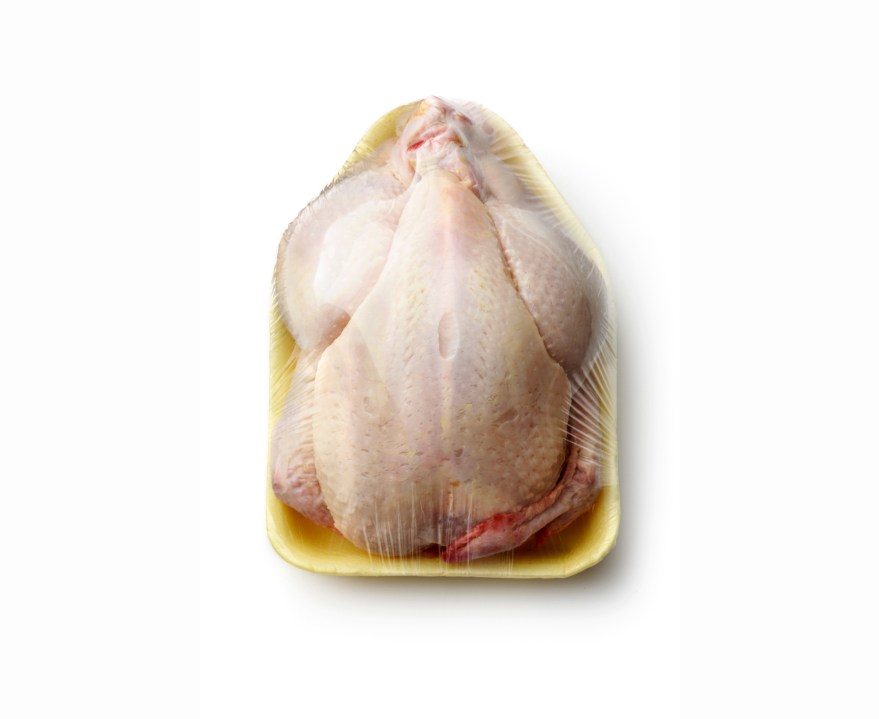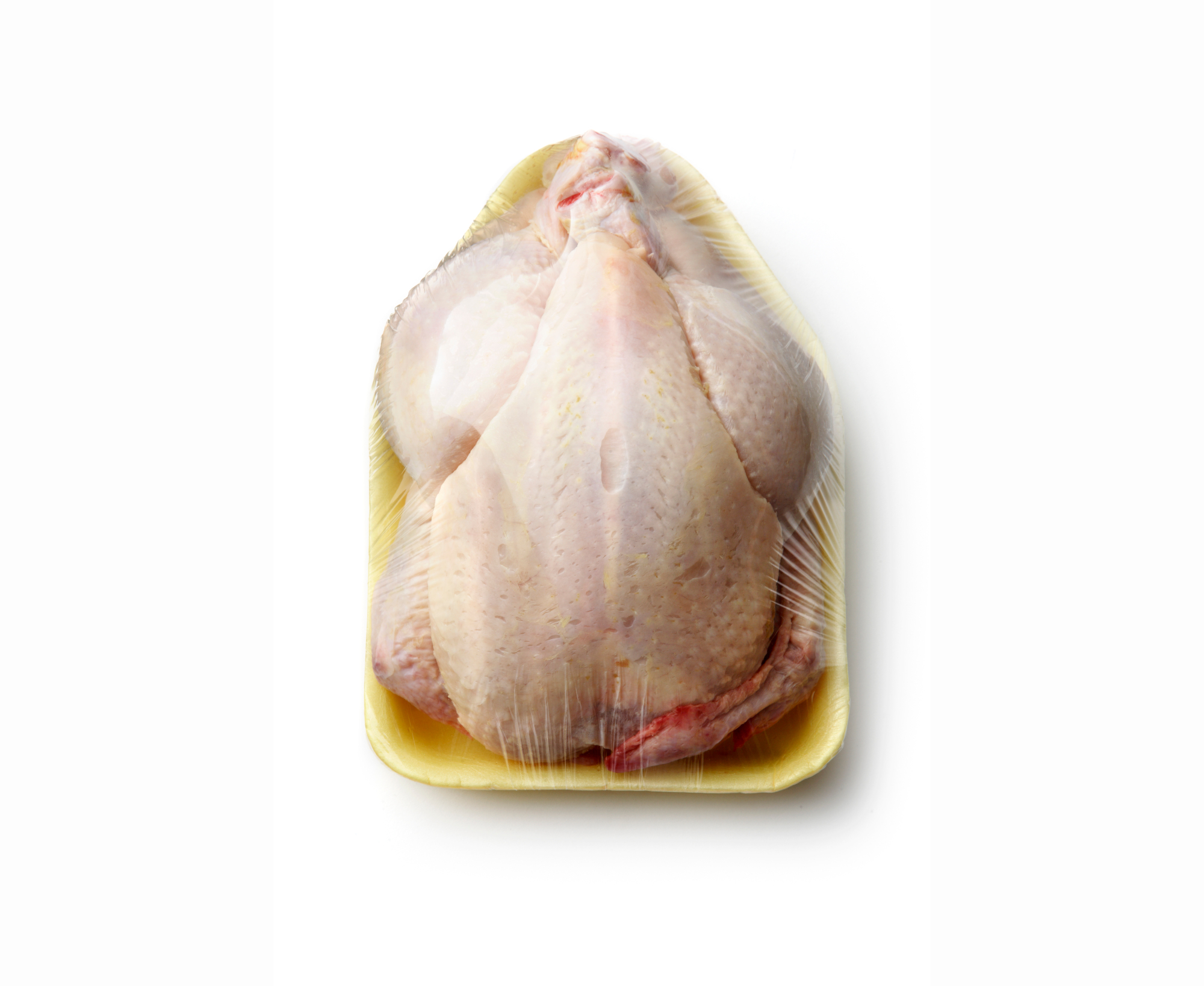As a UK-US trade deal moves closer, an age-old fear is rearing its head once more: that Britain will be forced to accept imports of American chlorinated chicken. Ever since Brexit, politicians of all parties have decried the prospect. The Labour manifesto ruled it out and even Rishi Sunak promised farmers in 2023 that there would ‘be no chlorine-washed chicken… on the UK market. Not now, not ever.’ But here’s the thing: isn’t chlorinated chicken a small price to pay for a deal with our biggest trading partner?
I have never understood the scaremongering that surrounds chlorinated chicken. First of all, washing poultry in chlorine-based solutions poses no harm to humans. Don’t just take my word for it: it’s a fact that’s been recognised by the World Health Organisation, the UN’s Food and Agriculture Organisation and the European Food Safety Authority. The chlorine wash kills off bacteria such as salmonella and campylobacter, and the levels are typically no more than 50 parts per million – much lower than what would pose a health risk.
Secondly, chlorinated chicken is becoming increasingly rare even in the United States. The National Chicken Council estimates that chlorine rinses and sprays are used in less than 5 per cent of American processing plants. Indeed, most of the chlorine used is for cleaning and sanitizing equipment. Instead, the industry often uses organic acids to reduce cross contamination, primarily peracetic acid, which is essentially a mixture of vinegar and hydrogen peroxide. So even if chlorinated chicken imports are allowed, it is hardly going to flood our supermarket shelves in significant quantities.
And then there’s the hypocrisy. Chlorine-washed bags of salad are already common in the UK and other European countries. Our drinking water is also chlorinated. The only difference is that we simply don’t think of them as such. If and when chlorinated chicken is allowed into Britain, no one will treat it any differently to the chlorine-rinsed radicchio we’ve been eating all our lives. Of course I understand why the mental image of a chicken breast dripping in chemicals is off-putting, but that simply isn’t what we’re talking about here.
So why has chlorinated chicken become such a straw man? Partly it’s a result of the very thing a UK-US trade deal would alleviate: protectionism. British farmers have long worried the market will be flooded by cheap American imports, driving down prices and harming their livelihoods. But our farmers already have to compete with producers from around the world. More to the point: why shouldn’t consumers see the benefits of the free market through lower prices? We cannot on the one hand decry Trump for the madness of his trade tariffs yet on the other respond with protectionism of our own.
Then there’s the hangover from the Brexit debates. Chlorinated chicken was a bogeyman of choice for Remainers, who delighted in warning voters – baselessly – of the impending danger of unsafe US meat imports. But most of all, the hysteria over chlorinated chicken reeks of anti-American snobbery. Both in Britain and across Europe, we comfort ourselves with the notion that, even if we’re not as wealthy as our transatlantic friends, we are morally superior. We view their food standards in much the same way as their obsession with religion, guns and Nascar-racing: as the curious customs of a less civilised people.
The truth is Britain desperately needs a trade deal with the US. Ever since the financial crash of 2008, our levels of GDP growth have been pitifully low. Domestic policies, including reforms to planning laws and an expansion of house building, will help but striking a deal with our largest trading partner would be an enormous fillip for the economy and put the UK in a hugely advantageous position at a time when America is putting up trade barriers elsewhere.
If allowing imports of chlorinated chicken is the price we need to pay, it is a small one. The scaremongers should swallow their pride – along with a healthy serving of coq au chlorine.








Comments